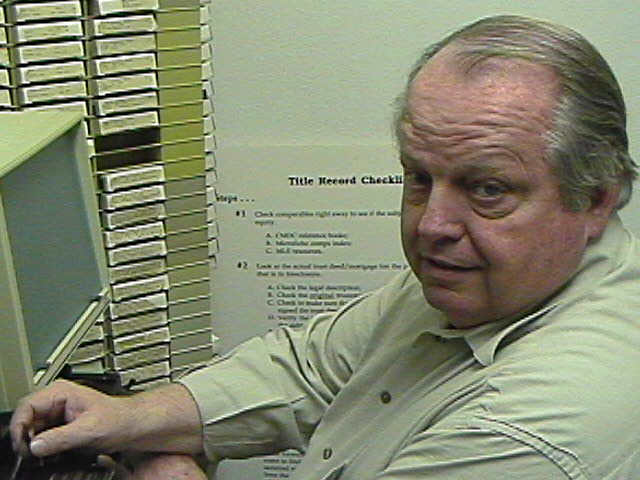
Foreclosure Forum

|
Foreclosure Forum |
|
|
Re: Title record searching in the recorder's office is the answer.In Reply to: LIENS posted by MD on February 14, 2002 at 2:49 PM : HOW DO I FIND OUT IF THERE ARE ANY LIENS ON A HOUSE BEFORE I BUY?
MD, you should have a few concerns in mind when wondering about what liens there might be against a property that’s in foreclosure. You need to know what liens were recorded before the foreclosing lien recorded, what liens recorded afterward and what’s been subordinated and paid off to date. The terms “senior” and “junior” refer to the relative priority of a lien that’s in foreclosure. A senior lien is not affected by the foreclosure of a junior lien whereas a lien that’s junior to a foreclosing lien stands to be wiped off the title of the property being foreclosed upon. Senior liens are those that remain in place after the foreclosing lien has extinguished itself, and has wiped off the title of the property, all other liens and interests that are junior to it. So, you might think then that all you’d have to concern yourself with are those liens that are senior to the lien in foreclosure, since everything junior to it is wiped off, right? The answer is “no” since you’d really want to know if there is, junior to the foreclosing lien, a recorded IRS tax lien or subordination agreement or a recorded indication of a payoff of a senior lien, either a voluntary or involuntary one via a reconveyance, satisfaction, release, etc. The IRS lien requires that you make provision for an extended post-sale holding period of four months, the length of time IRS has to redeem the property’s title. If IRS doesn’t redeem within that time their right to do so lapses. A subordination agreement (SA) reverses the priority of an earlier recorded lien and another lien recorded later. The only tip-off that a subordination occurred is the presence of the later recorded SA. So, regardless of the position of the foreclosing lien, an accurate picture of what’s against the title of a property is to do a thorough title search, starting from when the title of the property was last free and clear all the way up to the present. Learning how to quickly and accurately research the title record of a property in the local county recorder’s office is fast becoming a lost art. And so it’s probably the most important skill we teach our 3 day foreclosure trainees. If you don’t learn the critical art of title searching you will be at a tremendous disadvantage to a competitor who does. Because, while she can do her research for free, you will be resigned to buying title reports from a title company, a very costly endeavor at $200 to $300 each. We do a partial search on about 250 properties a month and quickly winnow that number down to around 60 good prospects and then research those deals at the recorder’s office, whittling those down to about 40 certifiable good prospects every month. Yes, researching the title record to property is time consuming, but we need to know precisely what’s against a property in foreclosure. Anything less accurate is much too risky to consider. Perhaps that’s why we’re still around and very profitable after 20 years, where the majority of our competitors don’t last more a few years at most. Follow Ups:
Post a Followup:
|
Copyright © 1997-2002, InnoVest Resource Management
InnoVest Resource Management, 4569-A Mission Gorge Place, San Diego CA 92120-4112
(619) 283-5444, Fax (619) 283-5455